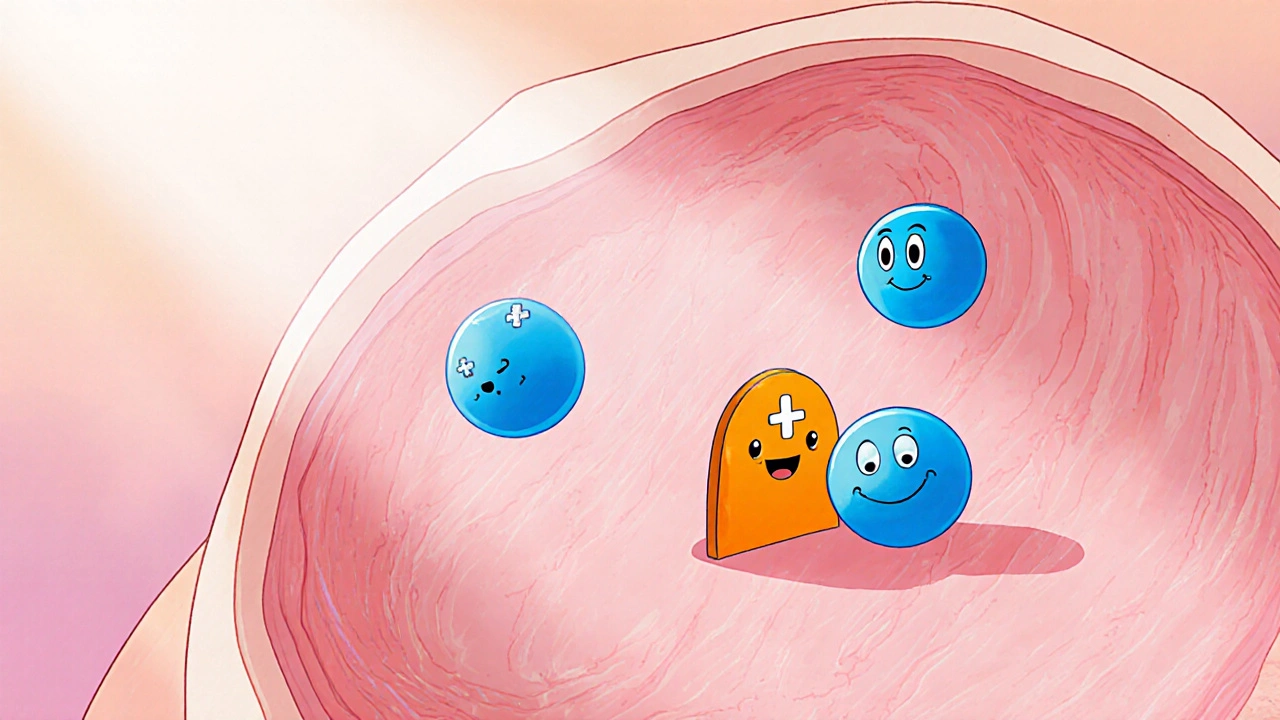Explore trospium's mechanism, key PhaseIII trial results, safety profile, and latest research, helping patients and clinicians understand its role in treating overactive bladder.
Clinical Trials: How They Work and Why They Matter
If you’ve ever wondered why new medicines appear on the market, the answer is clinical trials. These studies are the bridge between lab discoveries and the pills you pick up at the pharmacy. Without them, doctors would have no evidence to back up treatment choices, and patients would miss out on breakthroughs.
In a nutshell, a clinical trial tests a drug, device, or therapy in real people. Researchers compare it to a placebo or an existing treatment to see if it’s safer, more effective, or easier to use. The process is split into phases, each with a specific goal. Phase 1 looks at safety in a small group, Phase 2 checks effectiveness and side‑effects, Phase 3 confirms results in a larger population, and Phase 4 monitors long‑term outcomes after approval.
How Clinical Trials Are Structured
Every trial follows a strict protocol. That document lists who can join, how the treatment is given, what measurements will be taken, and when the study ends. The protocol protects participants and ensures the data is reliable. Trials also have oversight from institutional review boards (IRBs) that review the plan for ethical concerns.
Randomization is another key piece. By assigning participants to treatment or control groups by chance, researchers prevent bias. Blinding, where participants and sometimes doctors don’t know who got the real drug, adds an extra layer of objectivity. These methods sound technical, but they’re what make the results trustworthy.
Tips for Finding Trustworthy Trial Info
Want to join a study or just learn more? Start with reputable sources. ClinicalTrials.gov is the official U.S. registry; it lists most ongoing trials, eligibility criteria, and contact details. In Europe, the EU Clinical Trials Register does the same job. Your doctor can also point you to trials that match your health condition.
Beware of sites promising guaranteed cures or asking for money upfront. Legitimate trials never charge participants for the investigational drug, though they might cover travel costs. If a study asks for payment or seems too good to be true, walk away.
Before you sign up, ask plenty of questions: What are the potential risks? How will you be monitored? What happens if you decide to stop? A good study team will give clear answers and provide a written consent form you can read at your own pace.
Participating can feel empowering. You contribute to science, get early access to cutting‑edge therapies, and often receive extra medical attention. But it’s okay to say no if the protocol doesn’t fit your life or health goals.
At Evo‑Pharmacy.com we keep an eye on the latest trial news and break down complex study results into plain English. Whether you’re a patient, caregiver, or curious reader, our guides help you understand what’s happening behind the headlines and how you can stay safe.
So next time you hear about a new drug, remember the clinical trial process that got it there. It’s a rigorous, step‑by‑step system designed to protect patients and bring real benefits. By staying informed and checking reputable registries, you can make smart decisions about joining a study or simply following medical advances with confidence.
Explore the latest research on buspirone, its upcoming drug delivery innovations, clinical trial results, and what these advances mean for anxiety care in 2025.


